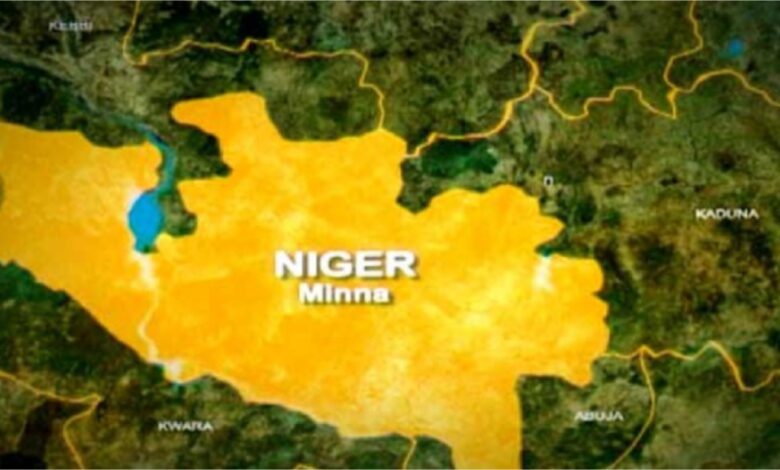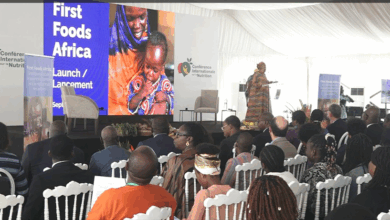Cultural beliefs hindering fight against gender-based violence in Niger — Stakeholders

Stakeholders in Niger State have blamed cultural practices and beliefs as major impediments to efforts aimed at curbing Gender-Based Violence (GBV) across the state, despite ongoing interventions.
They reached this position at the close-out meeting held to assess the performance of the Strengthen Community Active Participation Against Gender-Based Violence (SCAPA GBV) 2.0 project over the past six months in Minna.
Although the initiative has recorded notable successes, particularly in raising awareness of rights among town and rural dwellers, stakeholders noted that entrenched norms, cultures, and traditions continue to shape how GBV is perceived and addressed.
According to Hasanna Maiyaki of the Gender Office, National Human Rights Commission (NHRC), in an interview, the issue of GBV is widespread and remains a concern for everyone.
She, however, highlighted two major challenges faced in the fight against GBV — insecurity, especially in Zone C and the Kontagora area, which makes it difficult to access affected communities and secure justice for victims, as well as harmful cultural norms and traditions.
Also, the Project Director of Global Promoters for Community Initiative, Olasukanmi Kalejaiye, said the SCAPA GBV 2.0 project had recorded success and called for a scale-up and transition to SCAPA GBV 3.0.
He noted, “We were able to achieve the milestones set for ourselves in SCAPA GBV 2.0, and I believe that from 2.0 there should be a transition to 3.0, or whatever name it should be called by our partners.
“When you are recording successes and people are calling for an extension, then there is a need to scale up, and we look forward to getting other sources of funding from partners who can help us build on what the Nigeria Women Trust Fund has been doing in Niger State.
“For SCAPA GBV 2.0, we had more than 15 cases, but we prioritized only two. We had a father who raped his two daughters, aged eight and two years respectively, and also the case in Kontagora where a four-year-old was brutally raped and her intestines damaged after she was abandoned at a dump site.”
The Director of Planning, Research and Statistics, Ministry of Women Affairs, Mary Yisa, and the Director of Women Affairs, Larai Ibrahim, both emphasized the ministry’s ongoing efforts to curb GBV and called for the expansion of the SCAPA GBV initiative.
They noted that while the current phase has ended, its impact, particularly the heightened awareness generated through sensitization warrants an extension.




